
Ex PT // Scaling health stores // Posting educational content on various health related topics // Q&As on IG at helios_movement // Not medical advice
57 subscribers
How to get URL link on X (Twitter) App


https://x.com/Helios_Movement/status/2017296630836342804

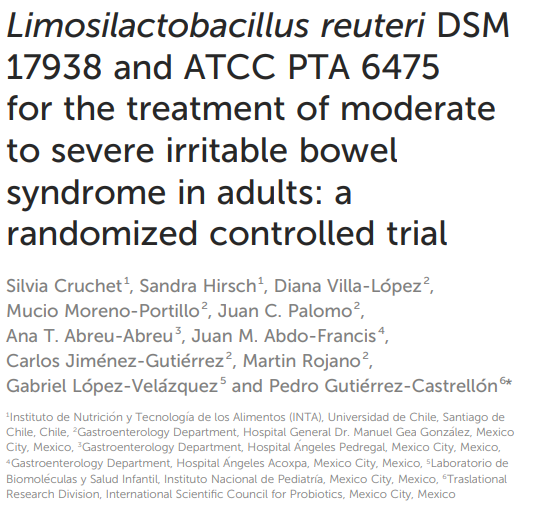
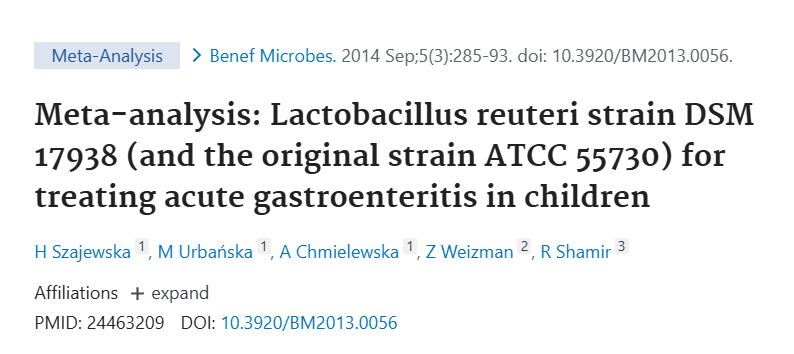
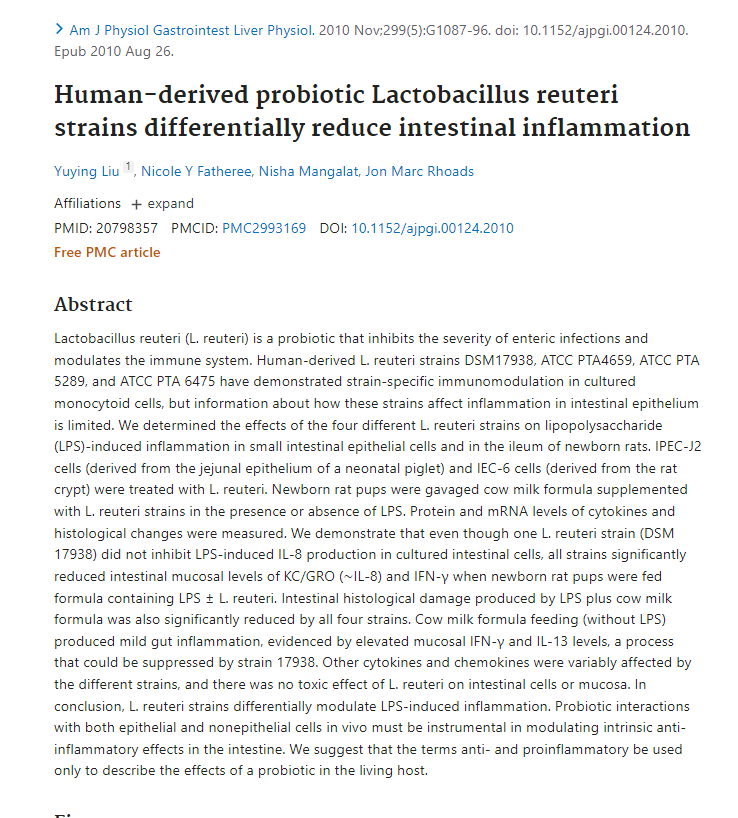
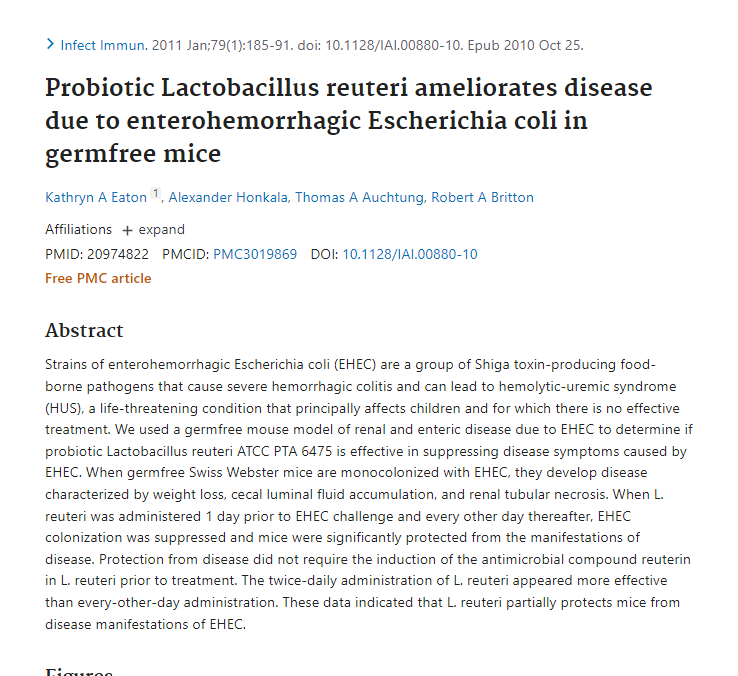
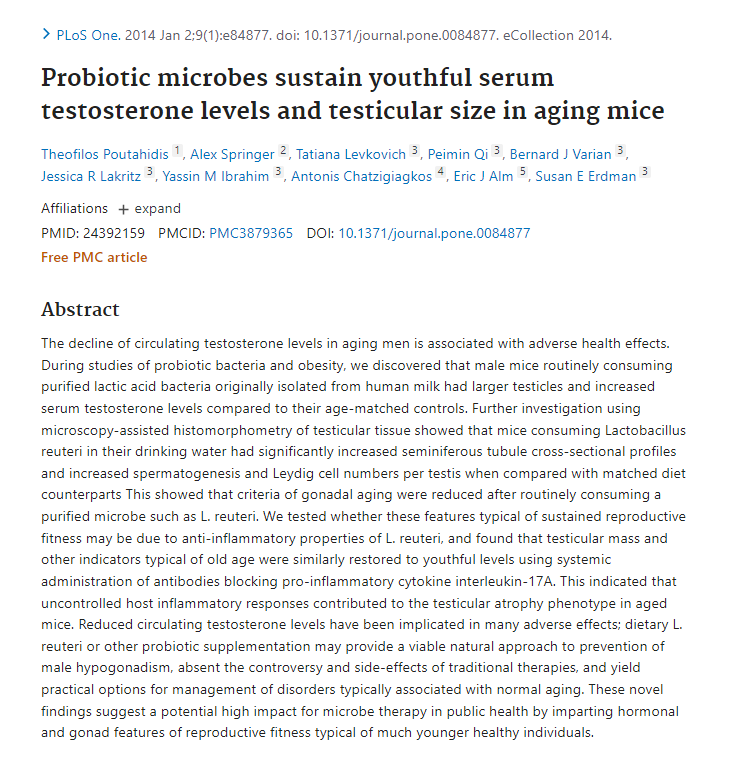
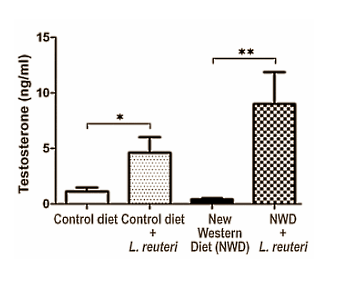




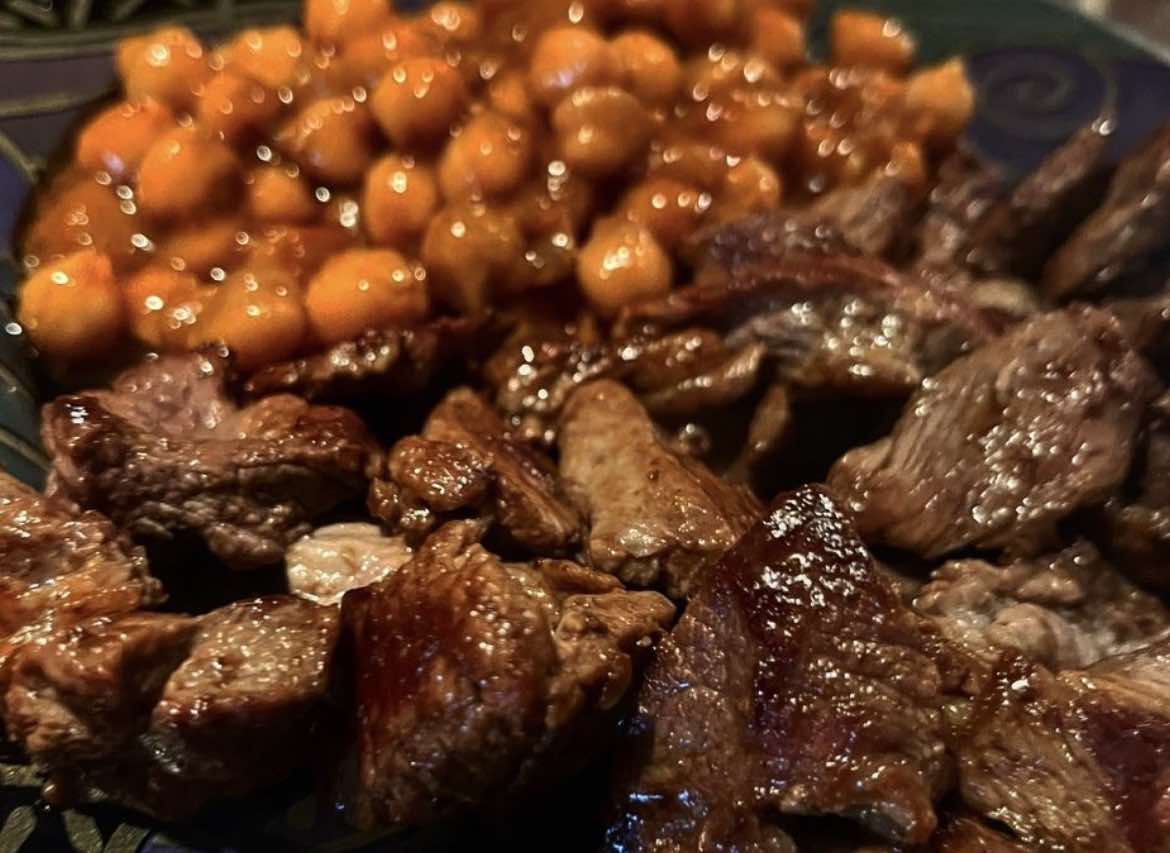
 *Standard disclaimer that nothing in this thread should be used as a substitute for medical advice*
*Standard disclaimer that nothing in this thread should be used as a substitute for medical advice*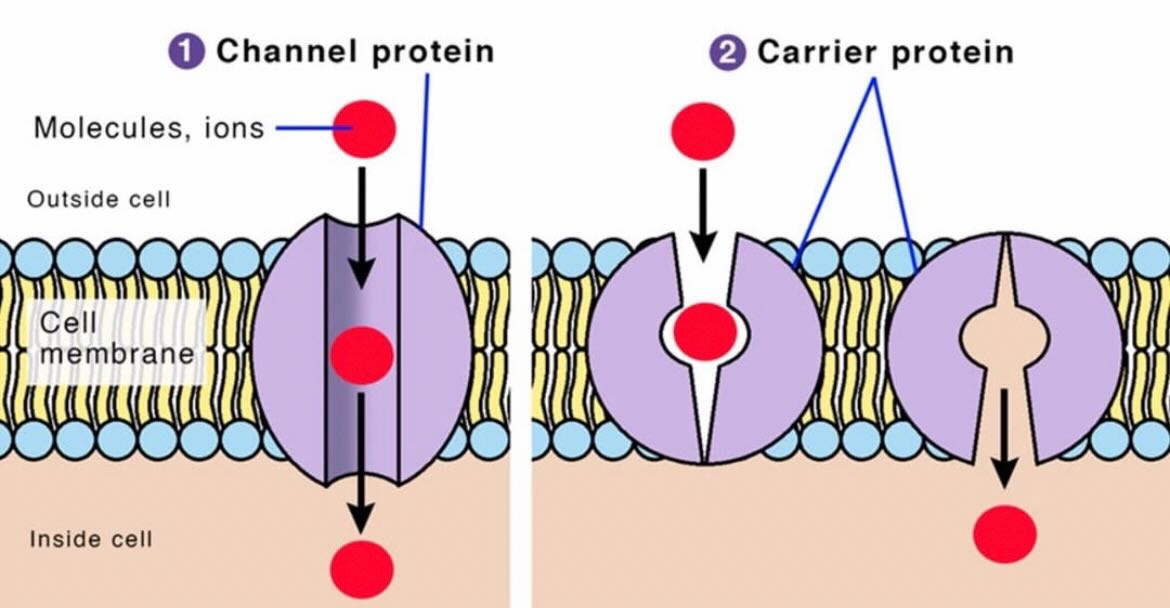

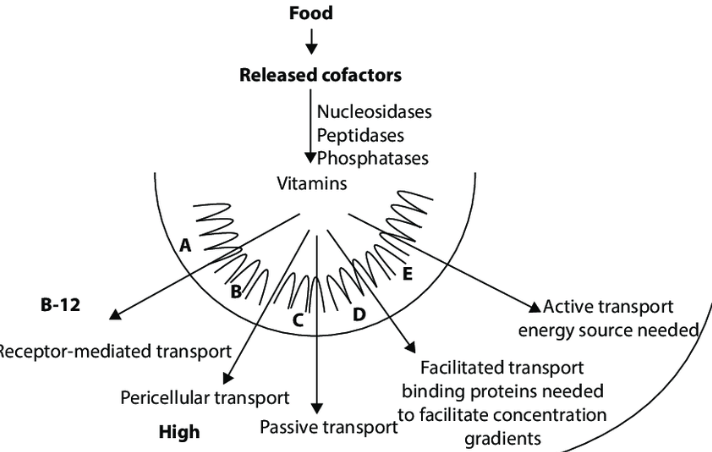



 It’s George.
It’s George.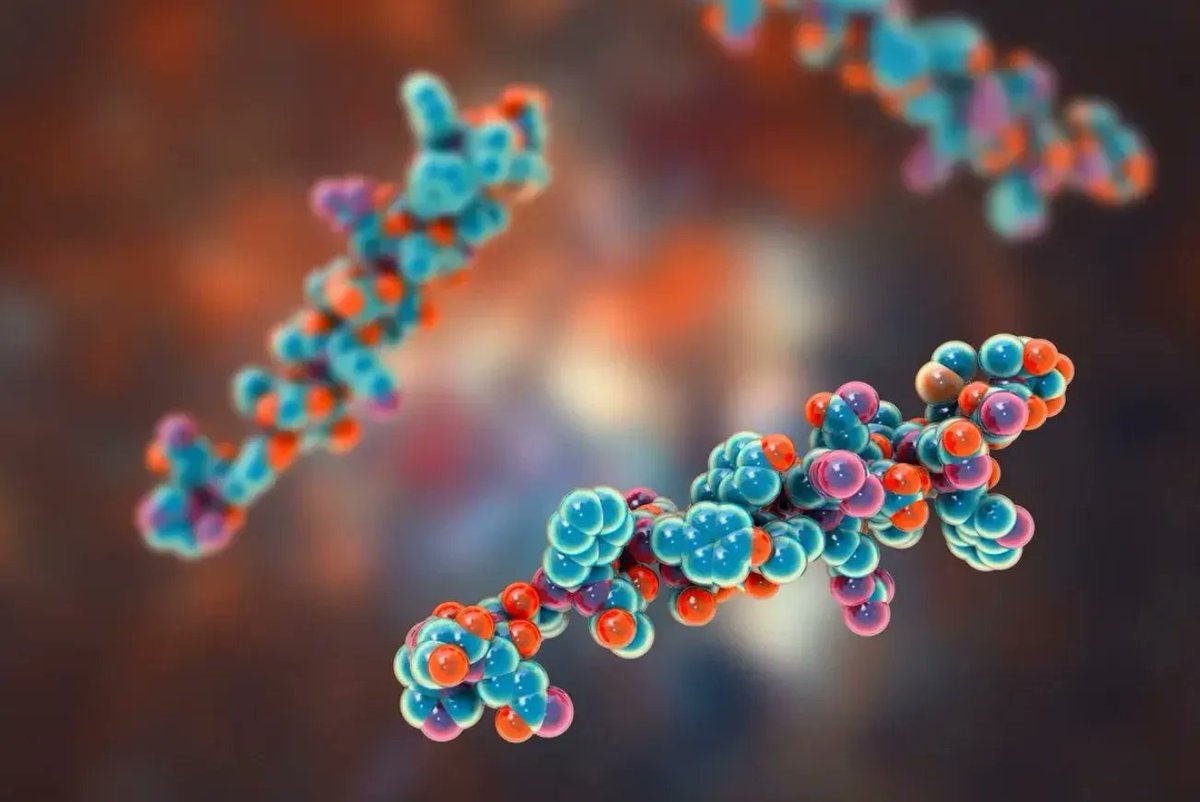




 *Standard disclaimer that nothing in this thread should be used as a substitute for medical advice*
*Standard disclaimer that nothing in this thread should be used as a substitute for medical advice*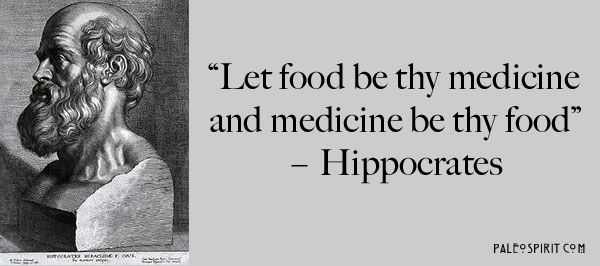
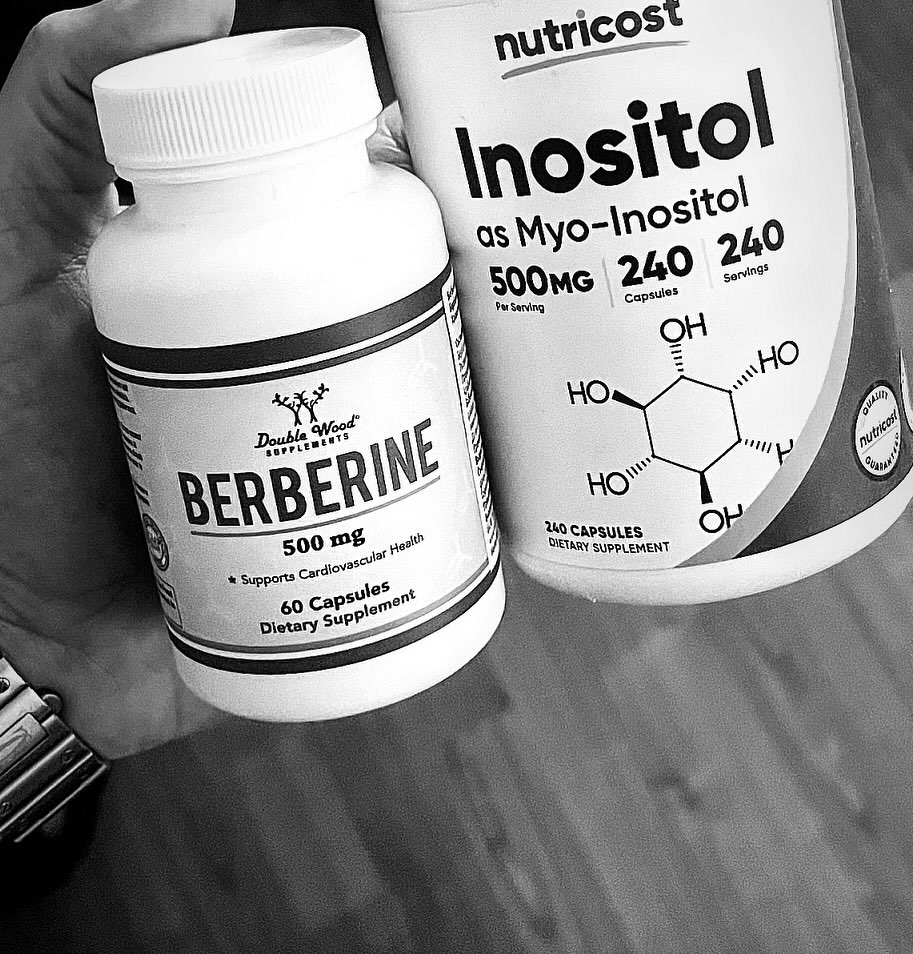



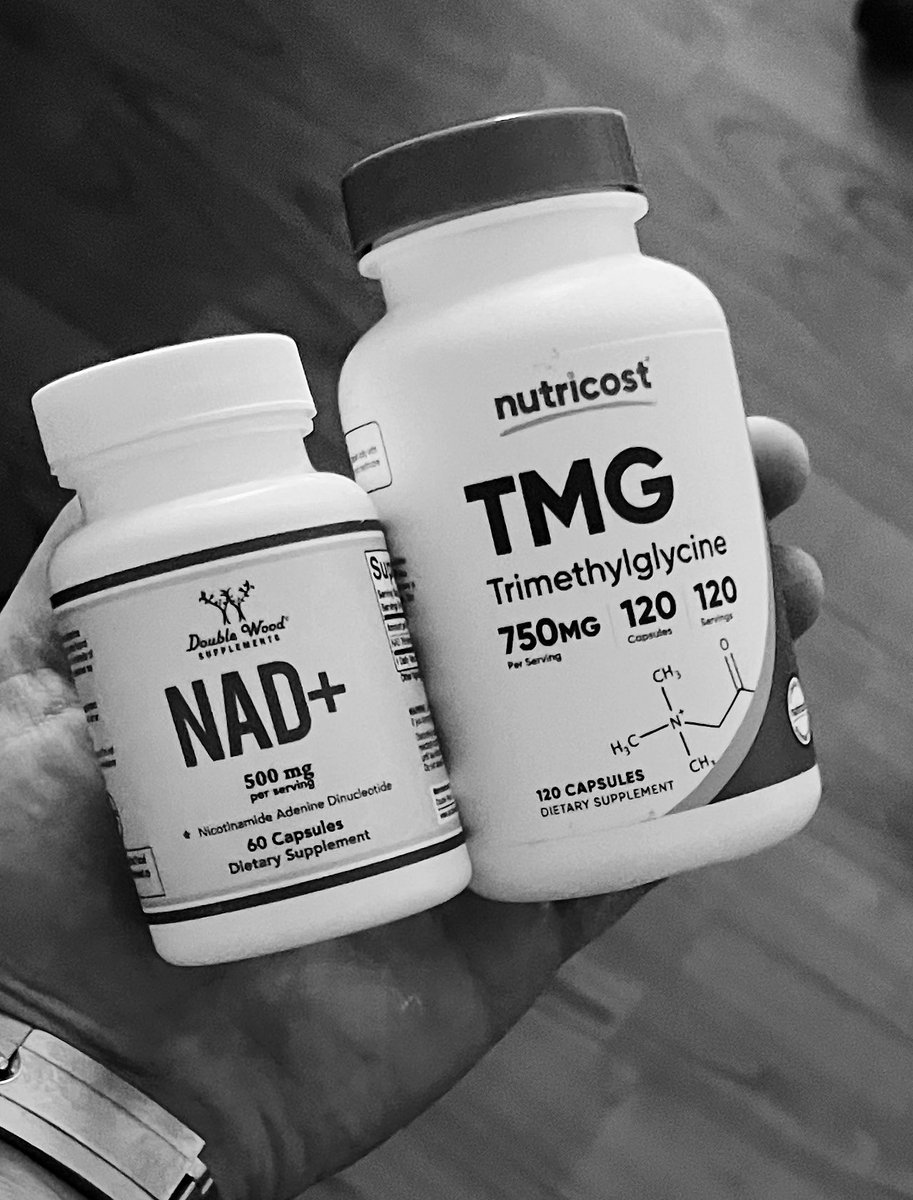 *Standard disclaimer that nothing in this thread should be used as a substitute for medical advice*
*Standard disclaimer that nothing in this thread should be used as a substitute for medical advice*


 *Standard disclaimer that nothing in this thread should be used as a substitute for medical advice*
*Standard disclaimer that nothing in this thread should be used as a substitute for medical advice*
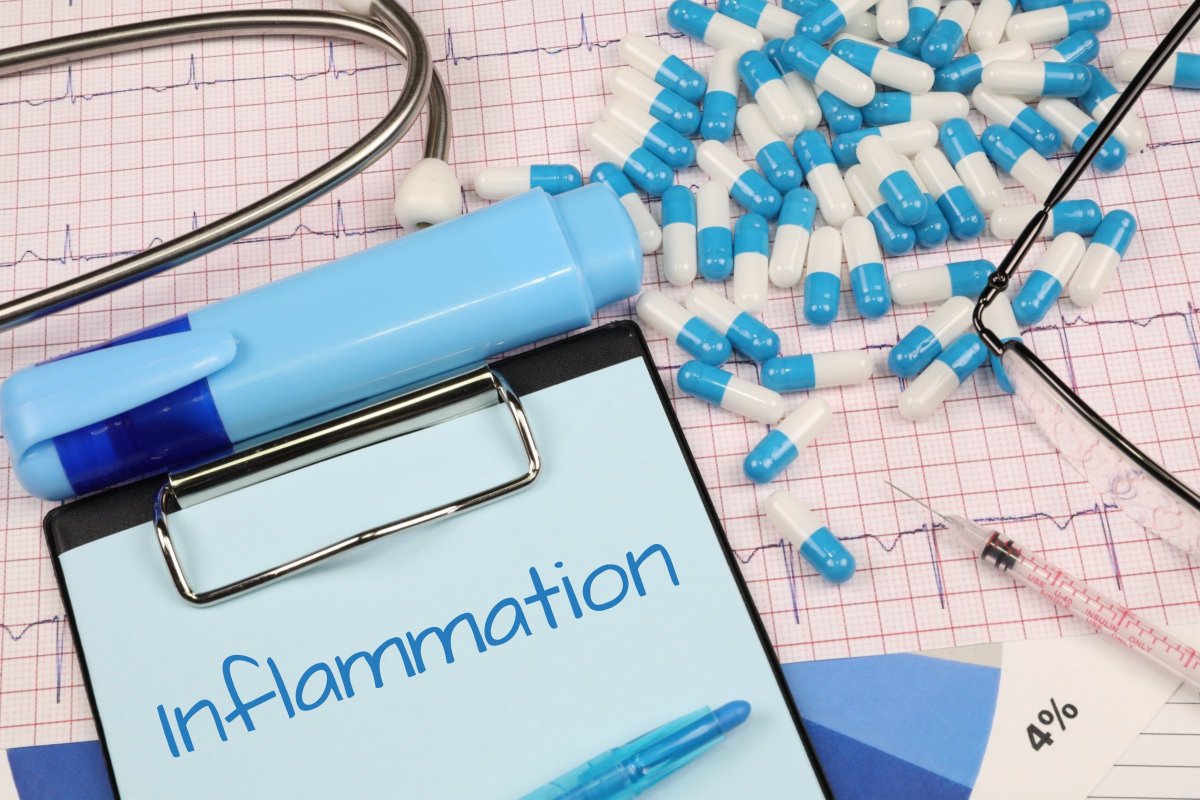
 *Standard disclaimer that nothing in this thread should be used as a substitute for medical advice*
*Standard disclaimer that nothing in this thread should be used as a substitute for medical advice*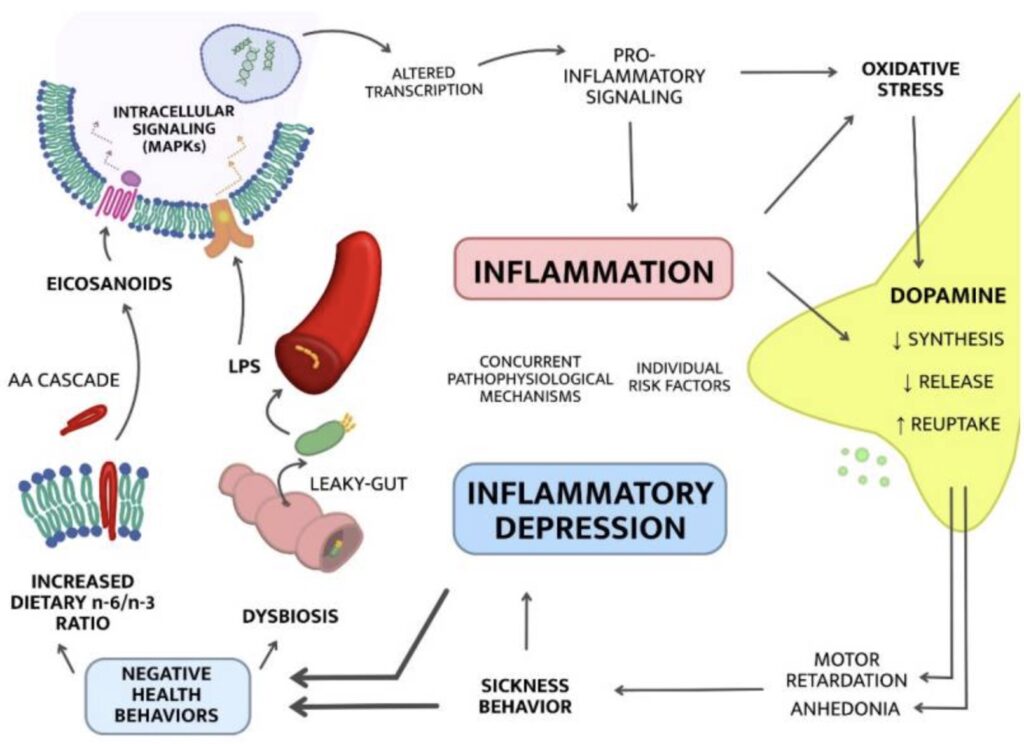

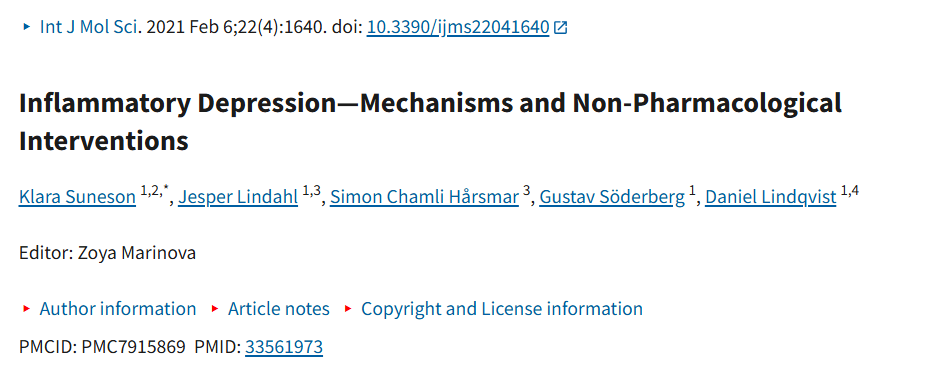
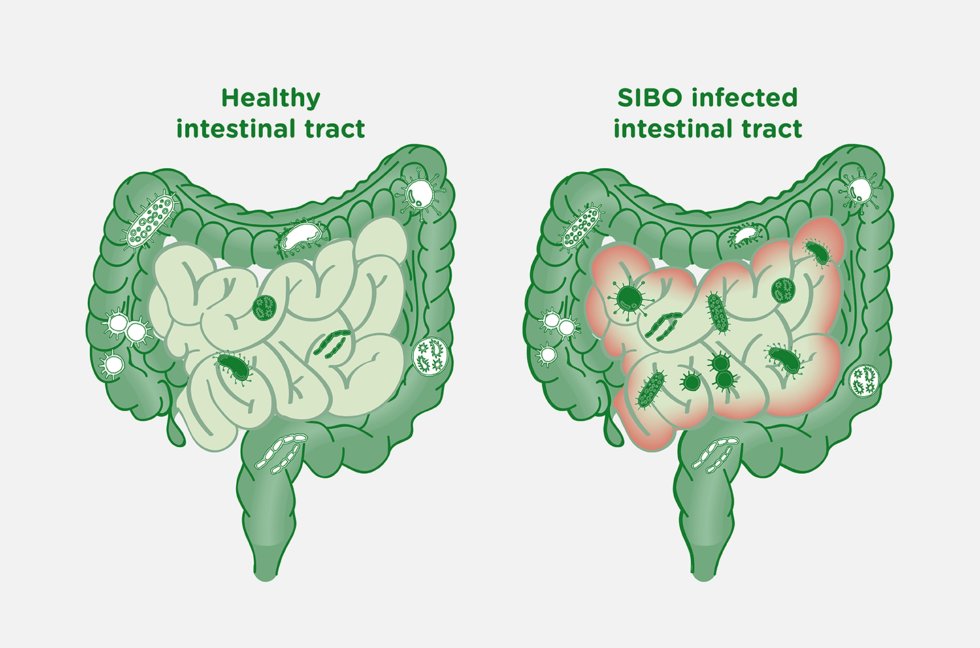
 *Standard disclaimer that nothing in this thread should be used as a substitute for medical advice*
*Standard disclaimer that nothing in this thread should be used as a substitute for medical advice*
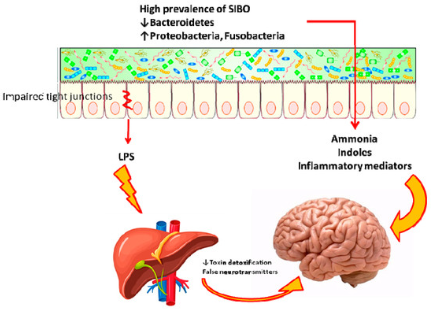
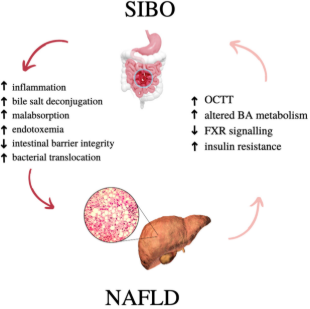



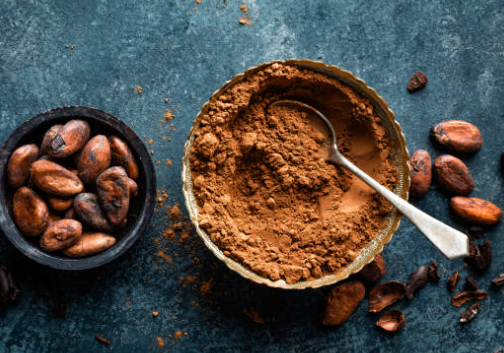
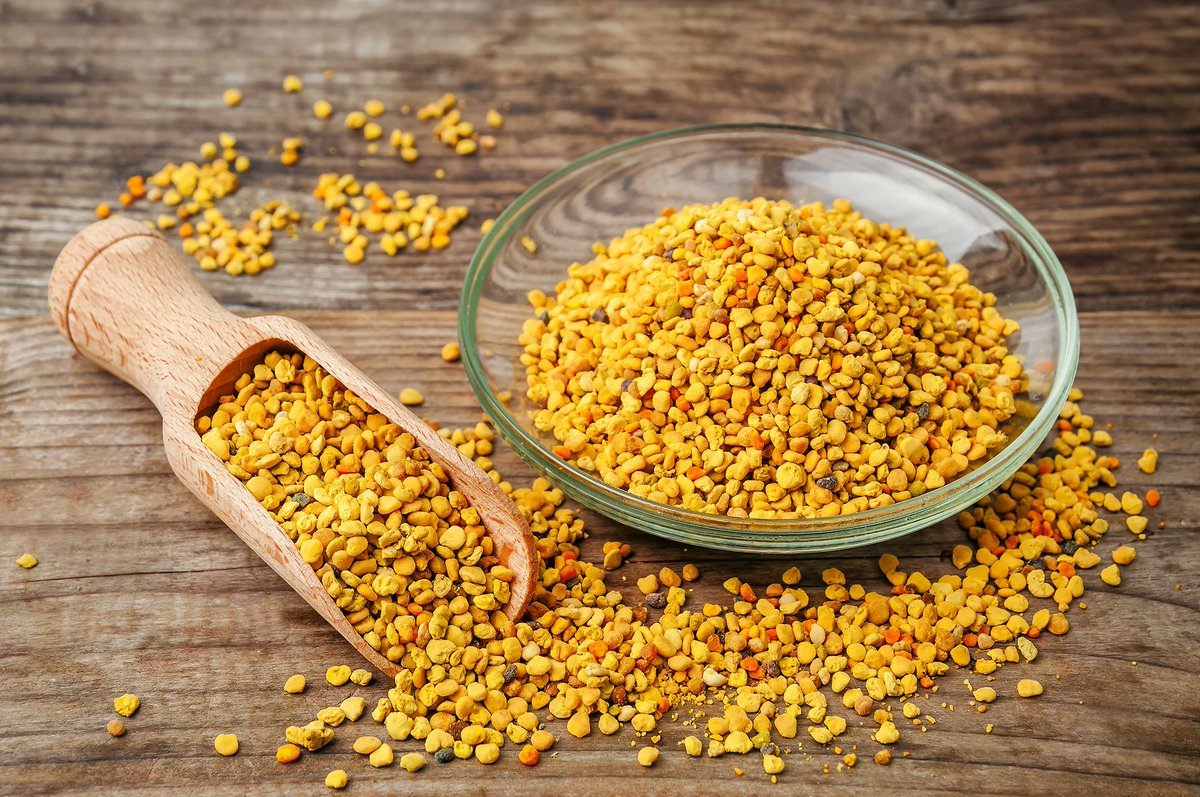 *Standard disclaimer that nothing in this thread should be used as a substitute for medical advice*
*Standard disclaimer that nothing in this thread should be used as a substitute for medical advice*



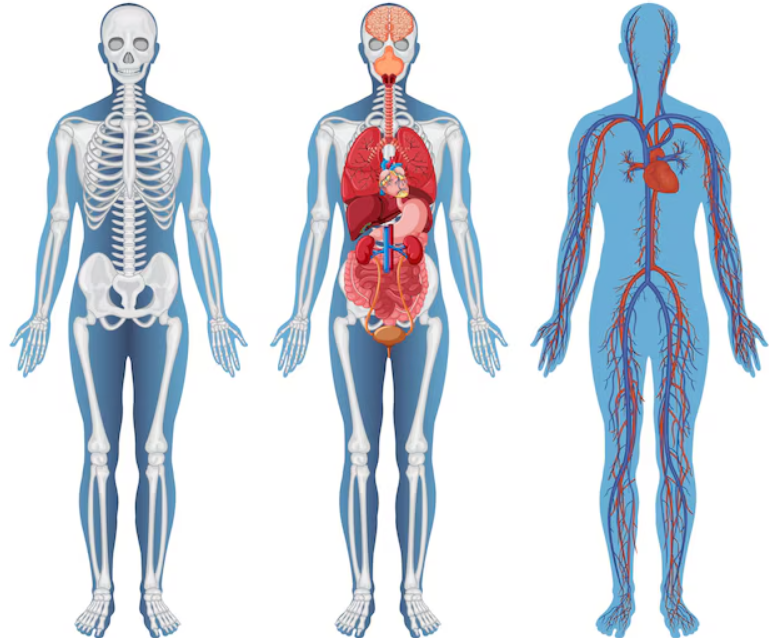
 *Standard disclaimer that nothing in this thread should be used as a substitute for medical advice*
*Standard disclaimer that nothing in this thread should be used as a substitute for medical advice*
 *Standard disclaimer that nothing in this thread should be used as a substitute for medical advice*
*Standard disclaimer that nothing in this thread should be used as a substitute for medical advice*

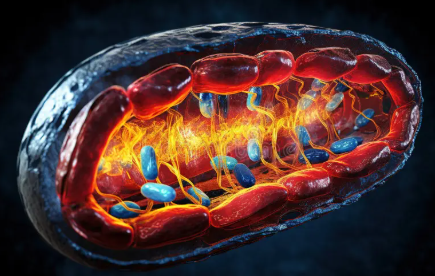
 *Standard disclaimer that nothing in this thread should be used as a substitute for medical advice*
*Standard disclaimer that nothing in this thread should be used as a substitute for medical advice*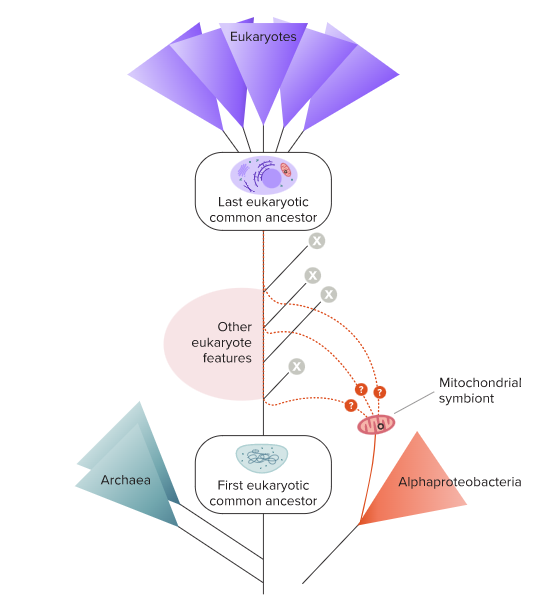
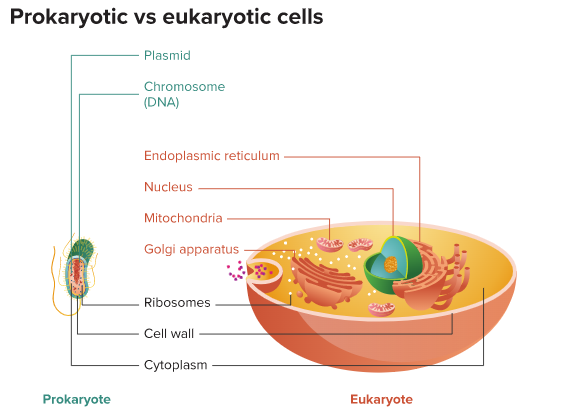
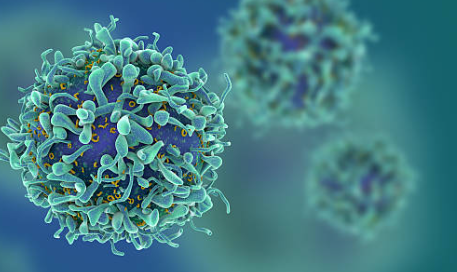
 *Standard disclaimer that nothing in this thread should be used as a substitute for medical advice*
*Standard disclaimer that nothing in this thread should be used as a substitute for medical advice*
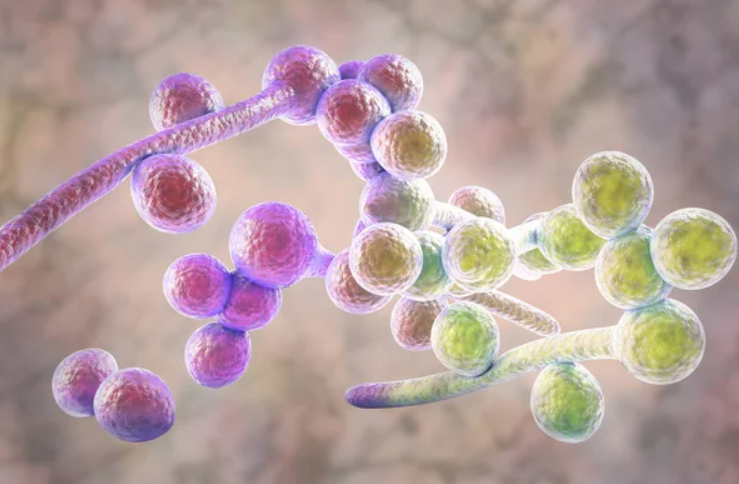

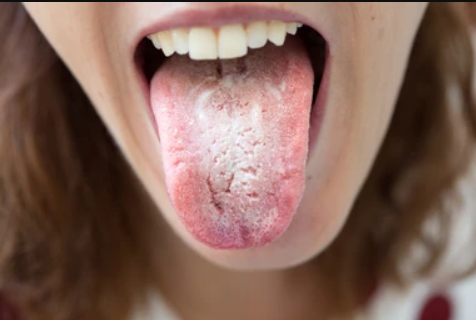 *Standard disclaimer that nothing in this thread should be used as a substitute for medical advice*.
*Standard disclaimer that nothing in this thread should be used as a substitute for medical advice*.
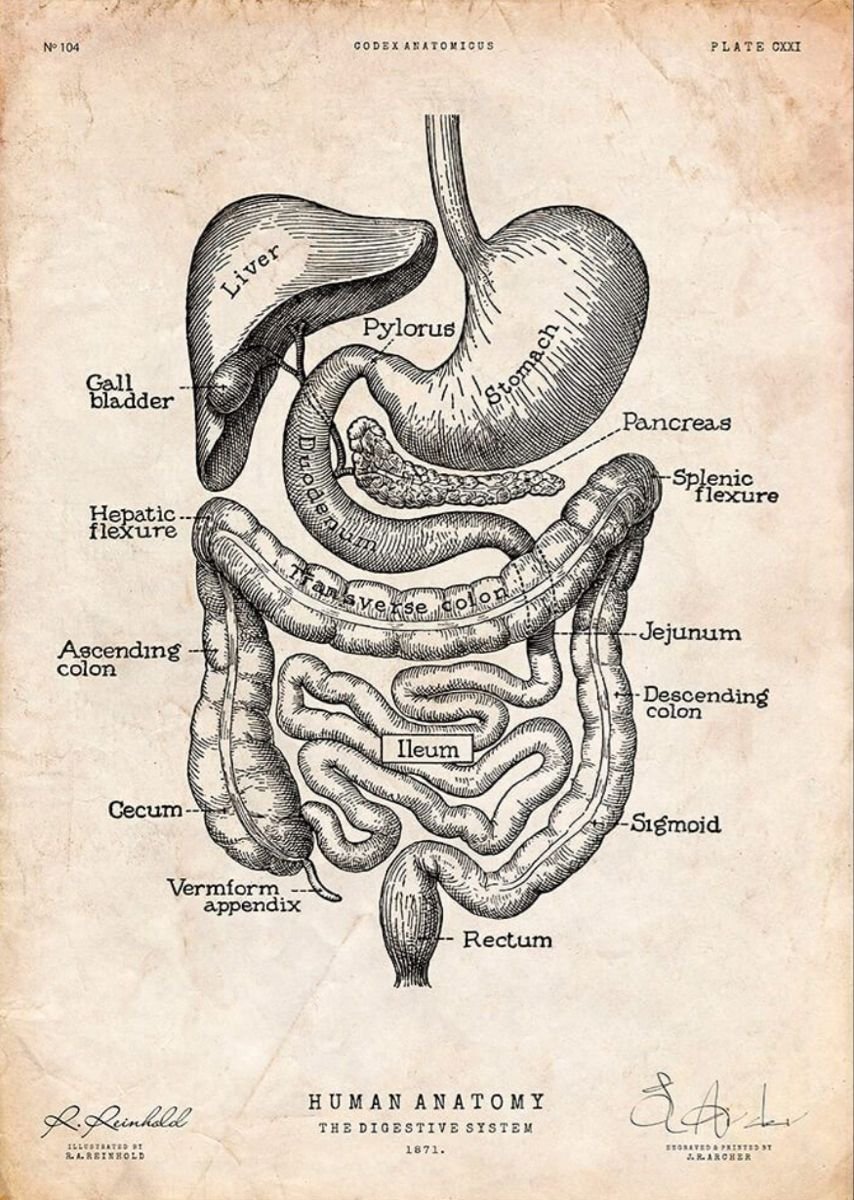
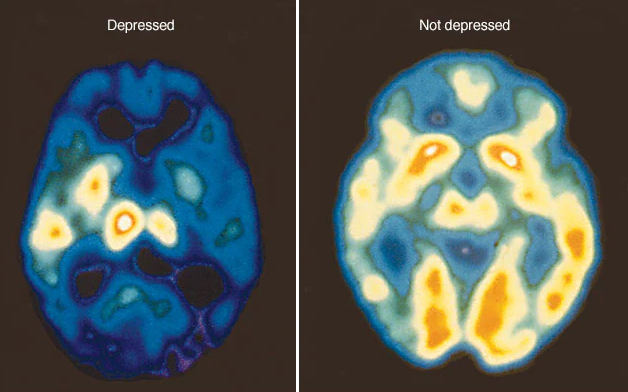
 *Standard disclaimer that nothing in this thread should be used as a substitute for medical advice*
*Standard disclaimer that nothing in this thread should be used as a substitute for medical advice* 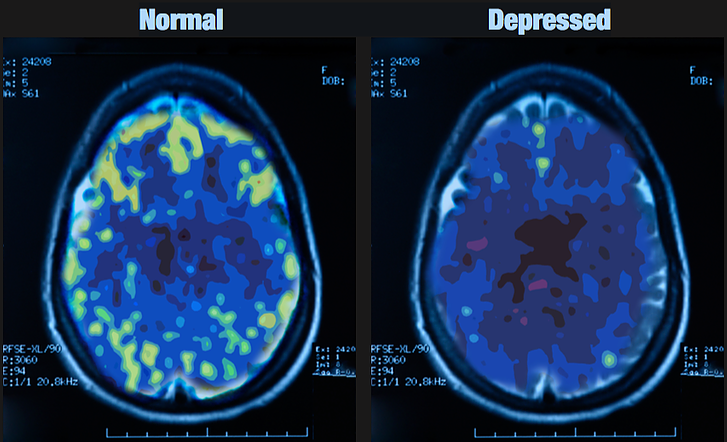
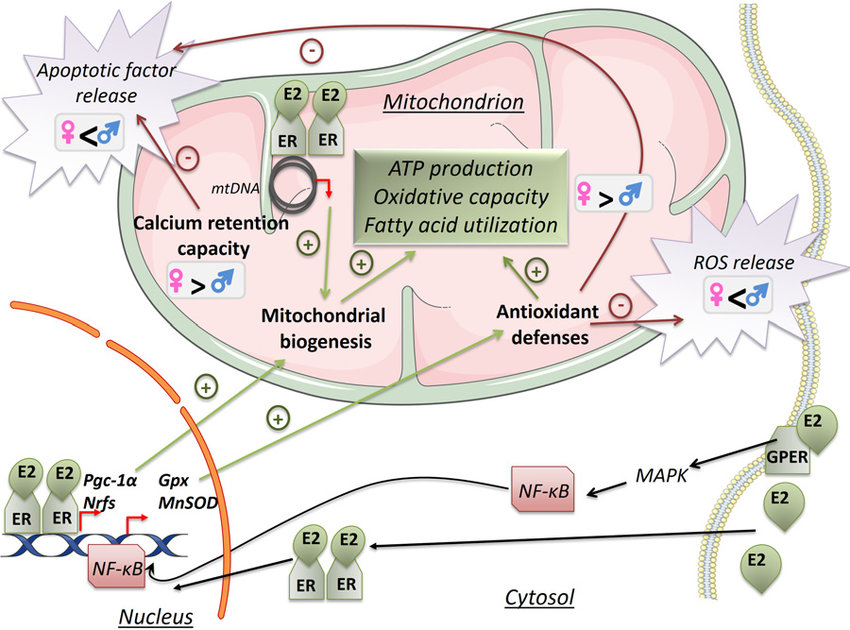

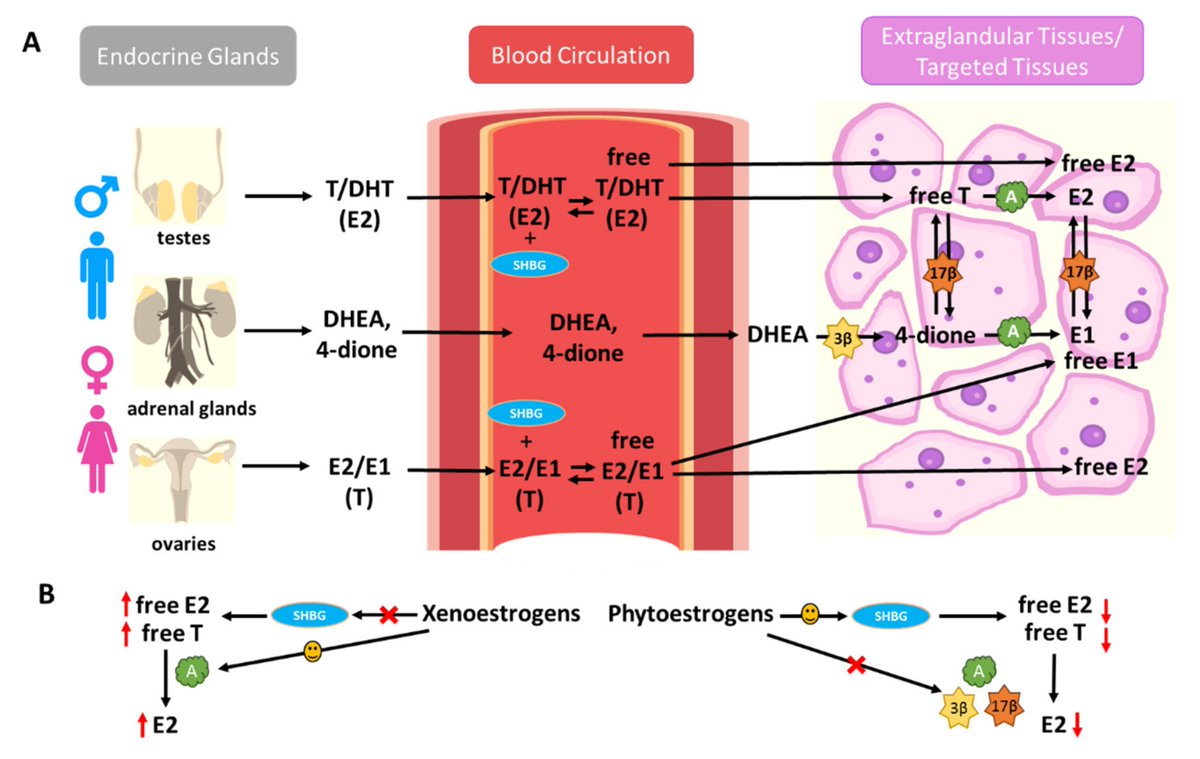
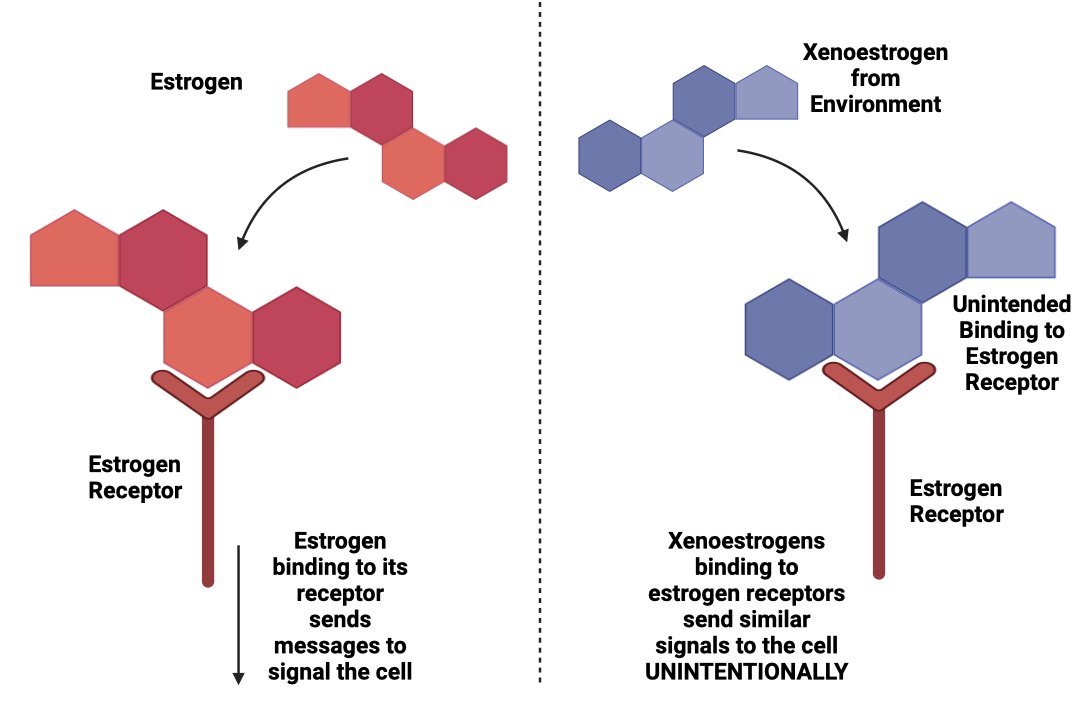 *Standard disclaimer that nothing in this thread should be used as a substitute for medical advice*
*Standard disclaimer that nothing in this thread should be used as a substitute for medical advice*
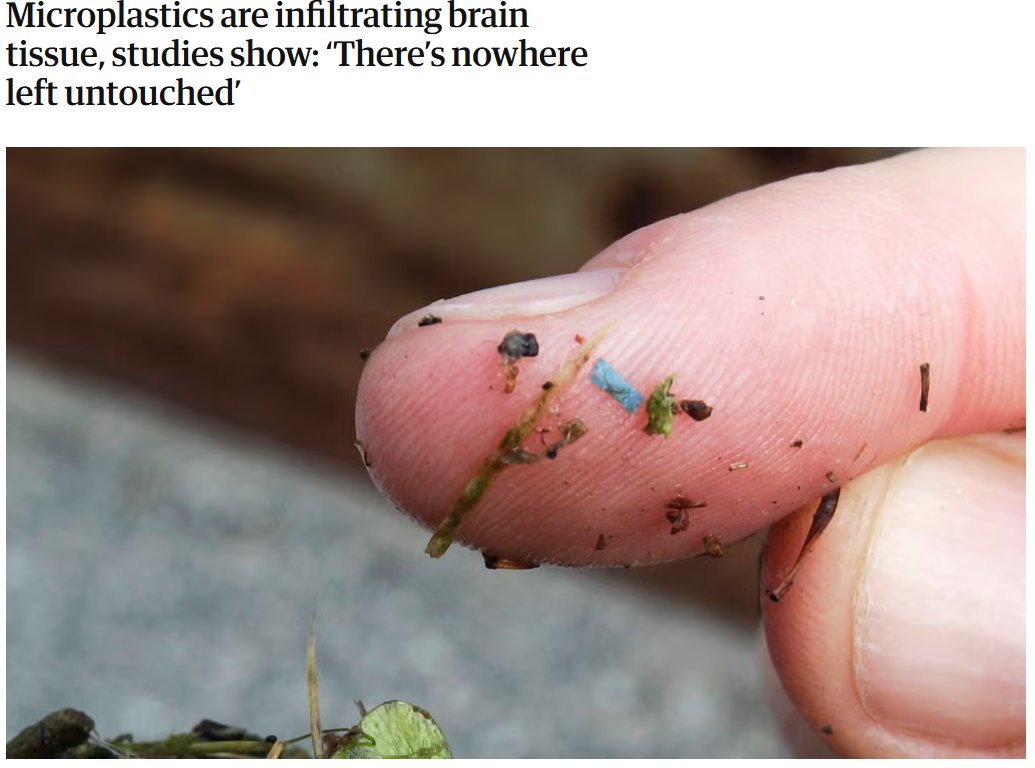

 *Standard disclaimer that nothing in this thread should be used as a substitute for medical advice*
*Standard disclaimer that nothing in this thread should be used as a substitute for medical advice* 
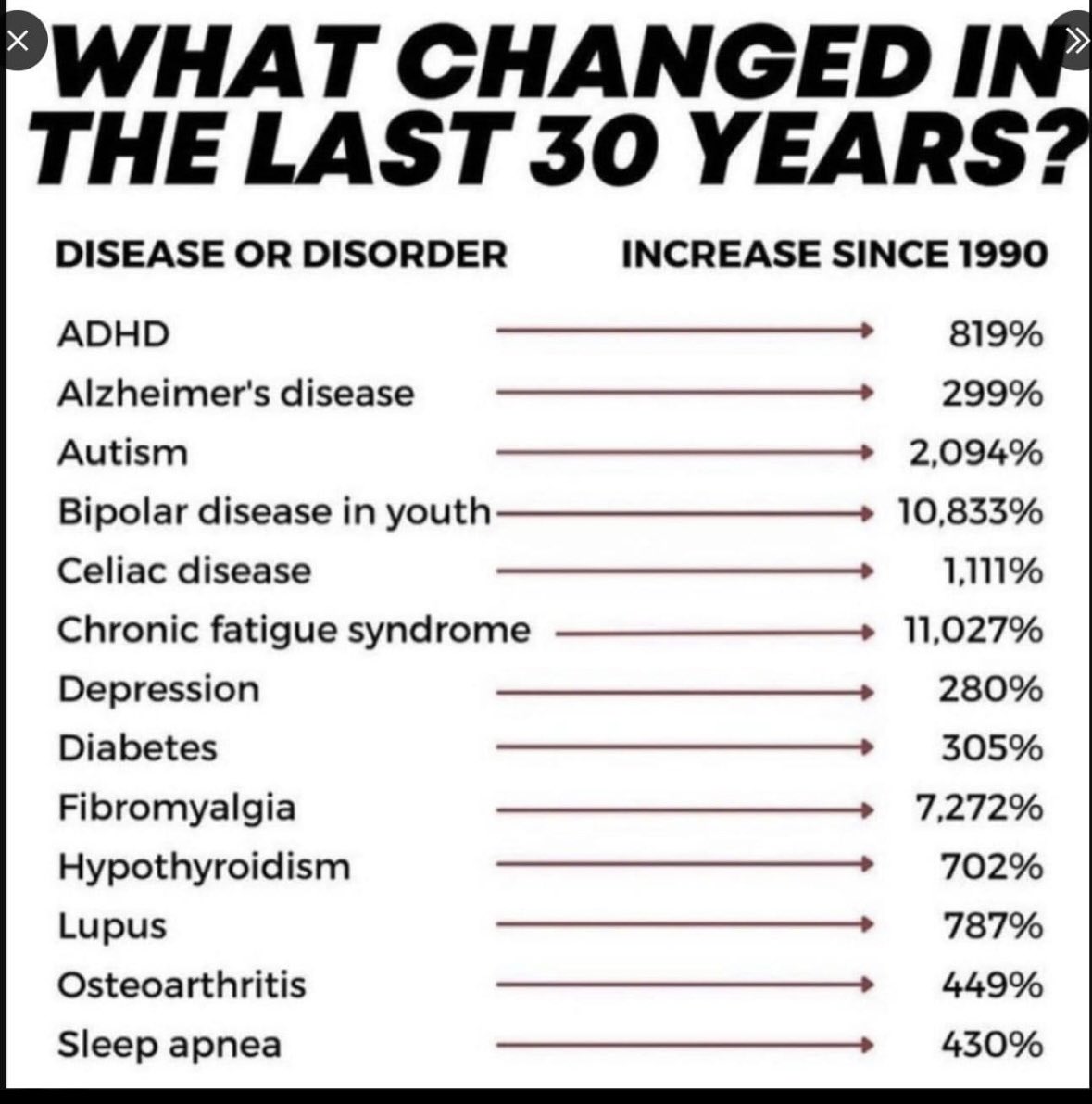

https://twitter.com/cremieuxrecueil/status/1991942320284131656


 -Mothers who are low in Vitamin D during pregnancy are more likely to give birth to children who develop autism and ADHD by age 10.
-Mothers who are low in Vitamin D during pregnancy are more likely to give birth to children who develop autism and ADHD by age 10.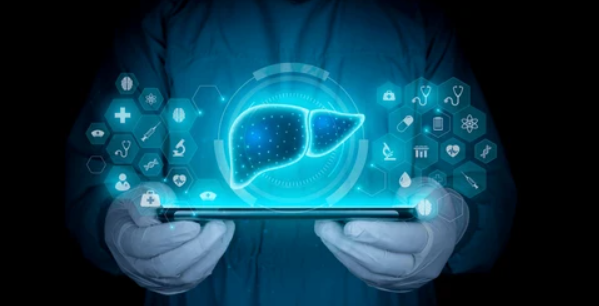

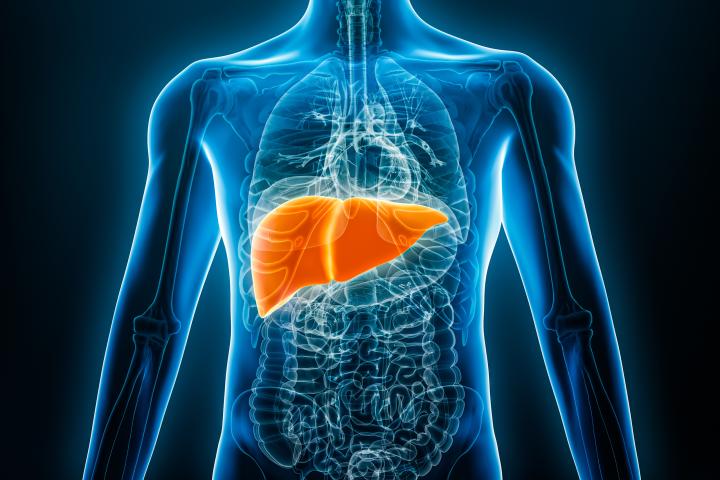 *Standard disclaimer that nothing in this thread should be used as a substitute for medical advice*.
*Standard disclaimer that nothing in this thread should be used as a substitute for medical advice*.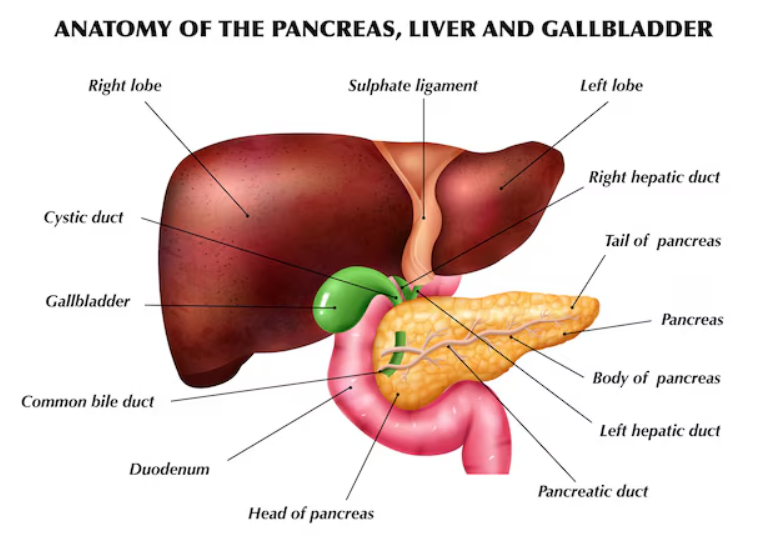


 *Standard disclaimer that nothing in this thread should be used as a substitute for medical advice*
*Standard disclaimer that nothing in this thread should be used as a substitute for medical advice*


